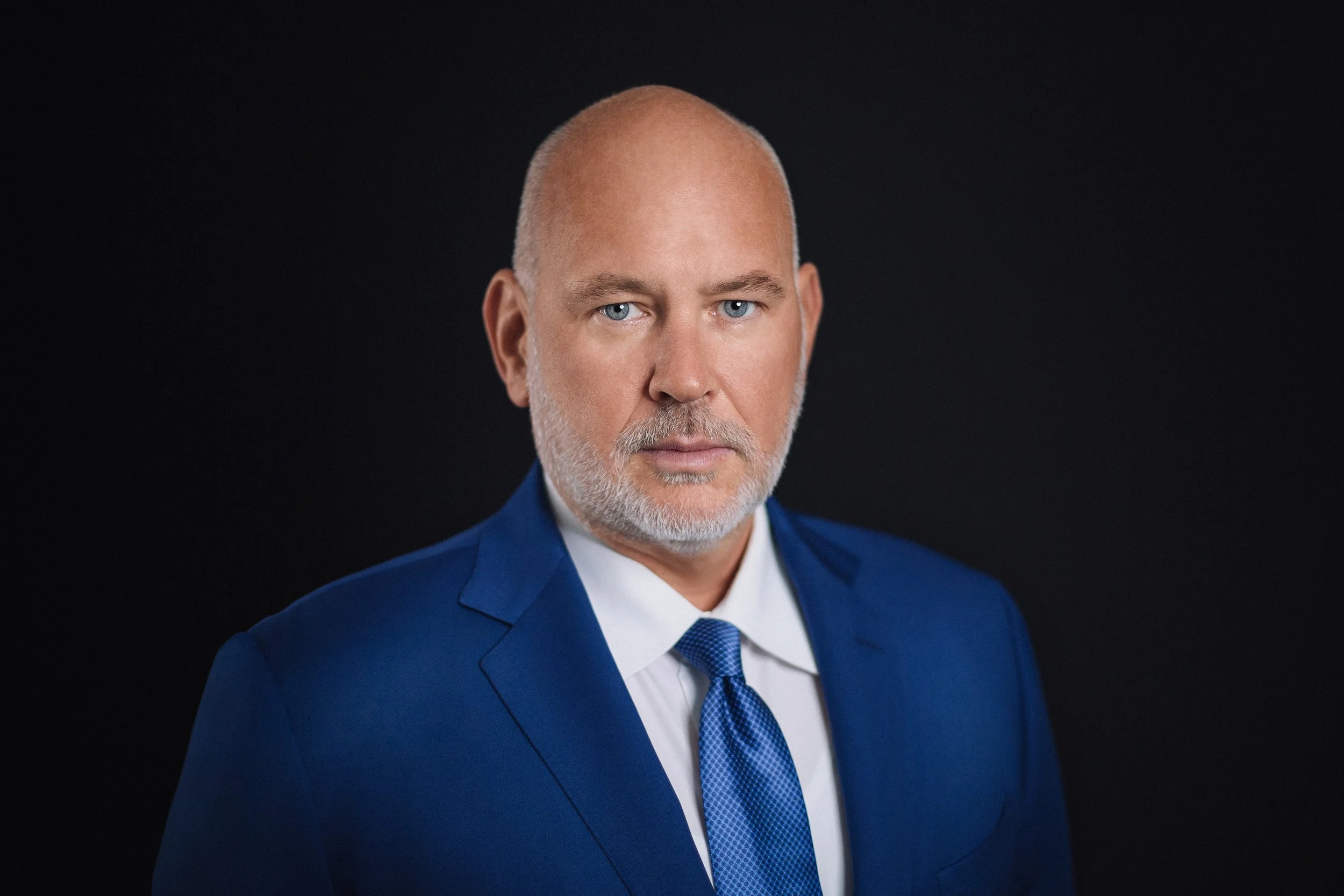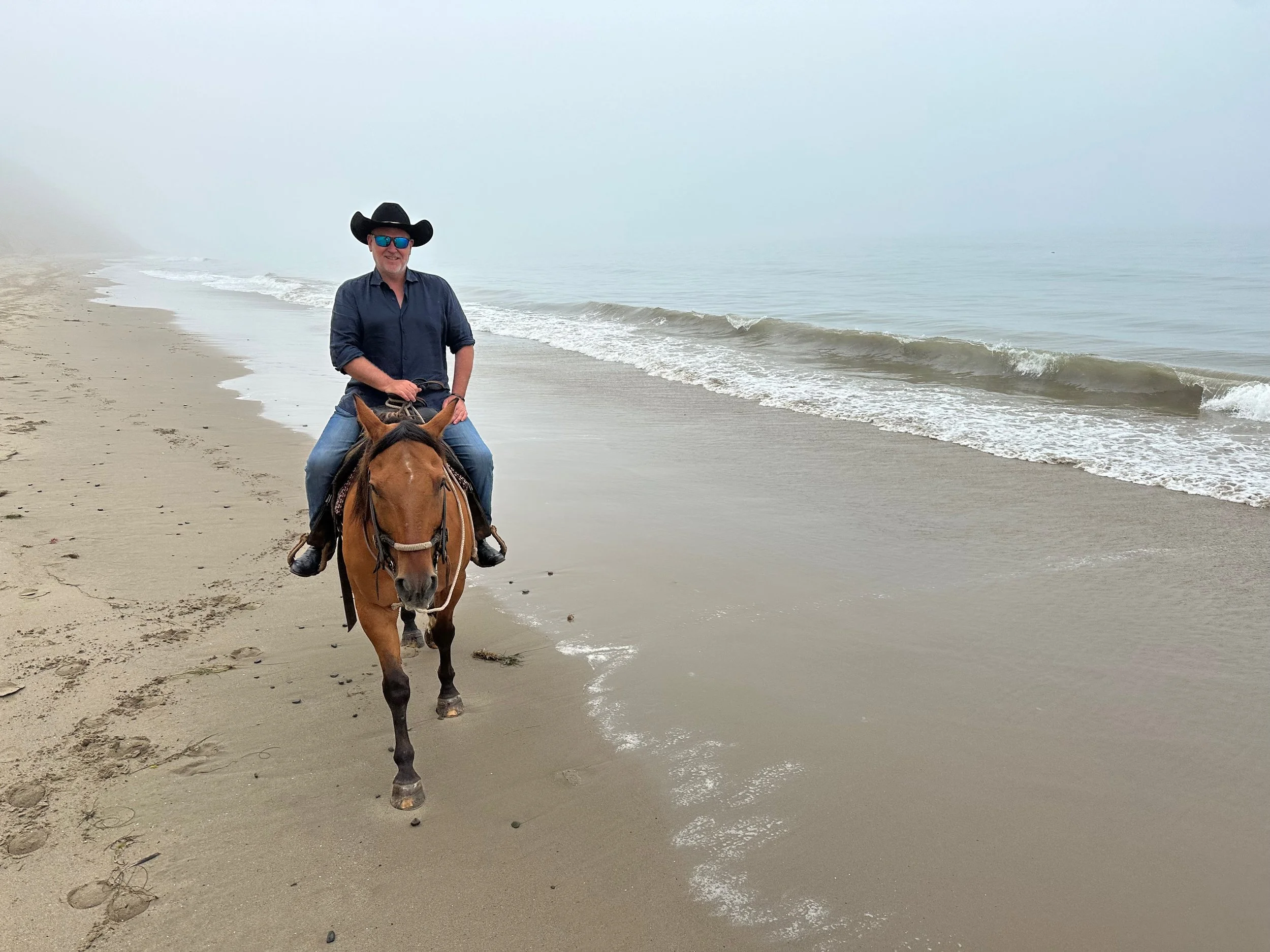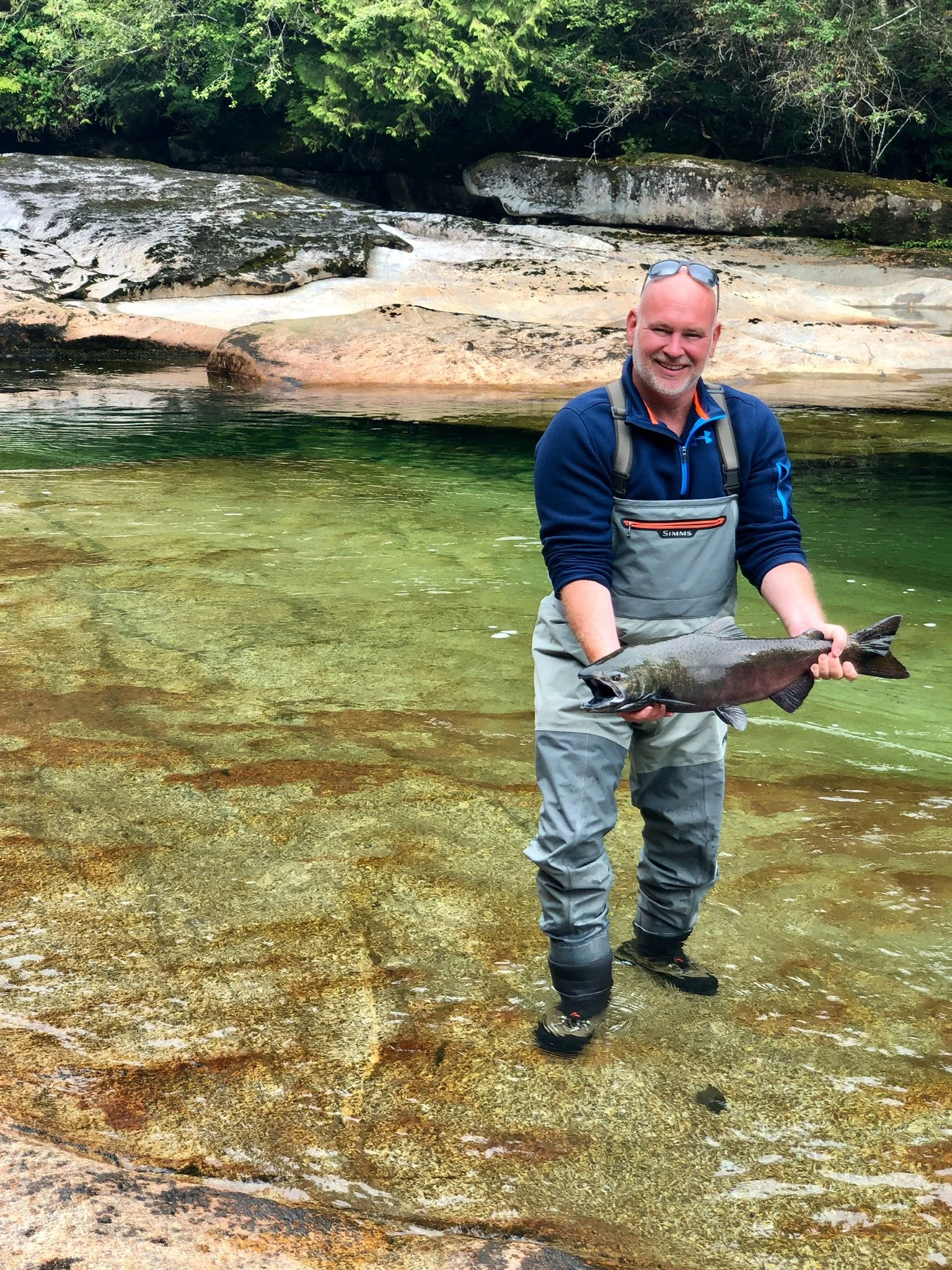Interview with Steve Schmidt
Steve Schmidt is an American political strategist.
Schwarzenegger and McCain
Contents
Max Raskin: Which has been your most fun campaign to work on?
Steve Schmidt: Schwarzenegger.
MR: Really?
SS: Hands down.
MR: Why?
SS: The entire environment was a lot of fun. He had an approval level that was in the high 30s when I took over the campaign in February but was up by double digits by July 4th.
Basically, his attitude was, "I run the state of California. I don't have time for this. I'll talk to you about the campaign on Friday over a cigar." It was just a lot of fun.
MR: What about the least fun?
SS: Well, I mean that's easy. It was the McCain campaign. It was an insane asylum, a cauldron of chaos all the way through.
MR: Are there people who you detest politically, but really like them personally? Or can there be some kind of politics that makes it impossible for you to like a person?
SS: Well, for example, let’s apply that to the Nazis holding the Nazi flags outside the synagogue in Georgia. Is there an argument that Dave the Nazi — outside of his expressing fidelity to the most evil cause there ever has been outside of a synagogue where Jews worship —is a good guy? He likes the Braves and barbecue and you just got to get to know him? No.
And that goes for the Proud Boys and the Patriot Front and the like. I don’t think you can be friends with a fascist.
Now, if you ask Al Franken who is the person that he found inspiring, he'll go immediately, "Paul Wellstone."
MR: I interviewed him, and he said that!
SS: Right. Did I agree with Paul Wellstone on the contemporaneous issues right at that time? No. But I always admired Paul Wellstone. I disagreed with Paul Wellstone on a bunch of issues, but with regard to Iraq, he was correct, so I have humility about that, and also a deep respect for his conviction and beliefs. They were authentic and real.
I admire Bernie Sanders because I believe that Bernie Sanders is a believer. He's an idealist. Now, if you look back at Bernie Sanders’ position on the Soviet Union in the 1980s, I think he was profoundly wrong. I think he was naive on those things.
But Bernie Sanders has been an influential figure at a moment of almost surreal cynicism as a totem of belief. He believes what he believes and isn't prepared to compromise it for a donation. I have a lot of respect for that. So yeah, I mean I admire that.
MR: Do you have any personal litmus tests when it comes to your friendships or your personal life?
SS: I do have a personal litmus test. I reject fascists and fascism, Nazis, Proud Boys, Patriot Front members, MAGA extremists, Q-Anon extremists, and all of their fellow travelers.
Besides that, I like to think of myself as very open-minded. I have friends across the political spectrum from Democratic socialists to conservatives. I don’t have a lot of tolerance for Nazis and the like who try to take over the US government.
I also grew up in New Jersey, so it’s unbelievable to me that Trump is the leader of a national political cult.
Get Out
MR: Do you have any hobbies?
SS: Yeah, I have lots of hobbies. I'm a horseback rider.
MR: Really?
SS: Yeah. I love being on the water. Getting out on a trail.
MR: What do you do on the water?
SS: Going out on a boat or sailing.
MR: Are you a gearhead?
SS: No. I like camping. I like canyoneering. And so, if you do a backpack in a place, let's say the Grand Escalante, where there's not a lot of water and you're going to need ropes to lower yourselves on canyons, you’ve got to be able to plan that trip out, make sure you’ve got all the stuff you need to have with you.
MR: What do you think is the most essential thing when you're canyoneering?
SS: Water.
MR: For someone who's never done a trip before and wants to experience something like this, where would you recommend going?
SS: Alaska.
MR: And what would you recommend doing in Alaska?
SS: I think you must go out onto the Kenai Peninsula. You’ve got to go see the bears. You have the Alaska train. The Alaska Railway is a really unique way to see some territory. But in the end, in a lot of these places, in British Columbia, in Alaska, there is a great beauty and majesty to this rhythm of life, of the salmon returning to the place of their birth to spawn before they die. The circle of life, the bears.
MR: When you're on these trips, do you take your phone with you?
SS: I usually have a camera with me, not the phone. If you're on a raft on Six Mile Creek in the Chugach National Forest in Alaska, for example, that is some of the most intense white water in North America. You’ve got to have your shit together.
Same thing if you're going out paragliding or skydiving…any of these things require that your gear, your head, your focus be outside of your phone.
Gen X Immigrant
MR: Is it hard for you to unplug?
SS: No, I hate the fucking phone. I'm not on Instagram, on any of this stupid shit. I am 52.
It’s true that Gen Xers are like the first-generation immigrants that I would have really recognized in my hometown of North Plainfield, New Jersey when it comes to the digital world. We are definitely digital immigrants, given that our world was shaped prior to the digital age.
Almost half the people I knew growing up with had the first-generation Italian grandma living in the house cooking constantly. My father was a Protestant, which I discovered at age 10. But since we grew up 10 miles from each other, you'll get this.
There were only three religions: there were Catholics and Jews in North Plainfield, New Jersey. And then all the Blacks who lived in Plainfield, they were all Baptists. Those were the three religions. And when it was revealed my dad was a Protestant, I was like, "What is that? What?"
I lived in a very sheltered space in a town on the edge of transition and change. It was a New York City bedroom community that was steeped in the working class and middle-class mythology of the country for good and bad.
MR: What’s your mom’s heritage?
SS: Irish-Polish Catholic.
Turn Off
MR: Are you religious today?
SS: Well, I'm at the very end of a conversion process to Judaism.
MR: Why are you converting to Judaism?
SS: Well…second marriage. My wife is Jewish. She’s not deeply religious, but family customs and traditions and going to shul on the high holidays are all very important to her. During the conversion process, I found Shabbat to be a really wonderful thing. It’s Friday, the sun's down. No matter what else is going on, you're going to light the candles, and just spend time together as family.
MR: Do you turn your phone off for Shabbat?
SS: Absolutely.
MR: For the whole 25-hours?
SS: No, I can't say that I turn it off religiously but certainly Friday night, off. That Friday night break to me has become a huge part of the week. And it's a really nice thing. I like it.
MR: What denomination are you converting into Judaism? How are you approaching that?
SS: Reform. The essence of Judaism is about the importance of leading a righteous life, and that has always resonated with me.
MR: Do you believe in God?
SS: Do I believe in God in the cartoon sense?
MR: Yes. Like the way I believe in him.
SS: No, no.
Do I believe that there are things that are incomprehensible? It’s impossible to stand on top of a glacier or a mountain in Alaska or British Columbia, to see orcas in the wild or humpbacks or eagles or just the beauty of things, the interconnection of things — and not believe that there are powers and forces that are present, that are guiding. That there's an ethical framework and an existential ethical battle that has always been part of humanity's existence and is of increasing importance to humanity's interconnected survival.
Strangely, my conversion to Judaism has rekindled an appreciation for the tenants of the principles of Christianity that are so completely abused in the public square. And also really the reality of how radical Christ was, how radical his message was.
MR: What is your view about dogma?
SS: Well, people can do whatever they want. People have all sorts of customs. And so if people want to…
MR: …but for you?
SS: For me, no.
MR: Do you believe in an afterlife?
SS: I believe in the afterlife as prophesied by Willie Nelson, Johnny Cash, Kris Kristofferson and Waylon Jennings in The Highwaymen, right? Maybe I'll come back as a drop of rain.
Better Dead Than Red
MR: What band or musician do you think you've seen the most in your life?
SS: Well, early on, I saw a lot of John Denver. I've seen a lot of Paul Simon and I've seen a lot of Grateful Dead.
MR: Well I didn’t know that, but that’s a running theme of my interviews for some reason. Tell me about your Dead life.
SS: Well, it goes in different stages. There was the introduction to the Dead — it was the late '80s, early '90s. There’s a lot of Philly shows and ones in Landover, Maryland.
MR: Do you still listen to them?
SS: I do.
MR: There's a large group of right-wingers who really love the Grateful Dead. How does that sit with you?
SS: Well, I think that the music of the Grateful Dead is not closed-minded. President Kennedy talked about this — as a general proposition, no artist is closeminded.
Now there is a closed-mindedness sometimes on the Left that says this music is exclusive to a viewpoint on an issue and therefore exclusive to the liberal at the expense of the conservative.
So can a conservative who believes in low taxes and limited government jam out to the Grateful Dead? 100%. Can a fascist? Fuck, no.
MR: What do you mean by that — do you mean they can’t jam out to the Grateful Dead, or they shouldn’t.
SS: Whatever it is that they're hearing that's reaching their fascist ear canal has been distorted somehow. There’s something off, something broken. They're not getting it right. But the Grateful Dead's music is not fascist marching music.
MR: What was the last Dead song or album that you listened to?
SS: “Estimated Prophet” — and I was listening to it going down the Pacific Coast Highway.
It's a live show — I have it on this playlist.
MR: What else is on the playlist? What's the playlist called?
SS: The playlist is just called my Willie list. “Seven Spanish Angels” by Willie and Ray Charles, “Cold Little Heart” by Michael Kiwanuka, “River” by Leon Bridges, “My Father's House (Live)” by Bruce Springsteen, Zac Brown Band’s “Overnight” with Trombone Shorty, Glen Campbell’s “Try a Little Kindness,” “Bomb the World” with Michael Franti and the Nitty Gritty Dirt Band.
MR: What are the other playlists you have?
SS: I have a list that starts off with the Rodney Crowell song called “It Ain’t Over Yet.”
Jersey
MR: You have a little bit of a Southern accent. Why is that?
SS: I don't think so. I don't know. I mean, I've lived all over the country, including in the South. But I don't think so. I mean, I grew up in Central New Jersey. And maybe a little bit of a Delaware influence since I went to school there.
MR: What about The Sopranos? Is that important in your life?
SS: Well, I love The Sopranos. Chris Christie in one of his finest moments, he was like “All these Jersey Shore people…Snooki is from Long Island!"
He's from New Jersey. This is a huge deal. And so, all those people were from Long Island.
So, the thing about The Sopranos was it was the ultimate New Jersey show. Every actor in The Sopranos that played a part who was from New Jersey was from New Jersey. And I can tell the difference between a North Jersey accent, a Bergen County accent, kind of where we're from.
So if you grew up in Union, you would've had a very different accent than you do in Summit and North Plainfield and in that central part of the state. But The Sopranos was so New Jersey. And it stands the test of time. I mean, it's as good today as it was then.
MR: What does being from New Jersey mean to you?
SS: Well, I was just talking to somebody about…it was Henry Winkler who was on my podcast. We were talking about the Springsteen performance on Broadway. And I thought it was one of the great, maybe greatest live performance of any type that I've ever seen. And it really was touching, really resonant as someone who is from New Jersey. I mean, he's talking about the place you're from — not in an ancestral way — but deeply rooted to family, to commonality.
There's a part of the performance where I could literally smell the street that I grew up on not too far from where he is. But he's talking about New Jersey. And he says, "First off, the whole of New Jersey is cool." He's like, "I invented that." And the whole crowd laughs. And he says, "Everyone just wanted to get out of New Jersey."
And so I wanted to get out of New Jersey, but I look back on my existence in New Jersey, and am grateful for it. So for example, I was walking down a street in Santa Barbara and there's a guy from Watchung who's opened up an Italian ice shop. It's the real deal. It's fantastic, one of the great Jersey delicacies.
I love the food. I love the Jersey Shore. I did a Jersey Shore vacation with my kids. New Jersey's a lot of nostalgia to me. But it's also a place that requires common sense. You just will not be able to navigate day-to-day life in New Jersey without a little bit of edge, a little bit of common sense, a little bit ready to lean on the horn.
And I think there's a caricature to that. My son at age 17 — you put him behind the wheel and let him drive down the Jersey Turnpike, it's a different type of experience. I've spent real time in 49 of our 50 states. A lot of our states are homogenous. Tough to be distinct. New Jersey is one of the few that is an inherently unique and distinct state, distinct culture, distinct personality.
MR: Which one you haven't been to?
SS: North Dakota. And it's a unique state.
MR: Would you ever run for office?
SS: Probably not.
MR: Why not?
SS: I would hate raising the money. It would just be an act of masochism and sadism because the entire enterprise would be built around people trying to chase me down to make fundraising calls so the campaign didn't go bankrupt. And it's just not I don't think what I would want to do.
And then, I can't think of a place I would want to spend less time in than Washington D.C.
MR: I want to ask you about mental health. How do you balance your very strong views about the world and the need to be mentally healthy?
SS: Well, I turned 38 at the end of the McCain campaign. If you had asked a year after that, "How do you handle the stress," I'd have been like, "Great."
Truth was I had started smoking again during the campaign after ceasing for five years at least. And I gained 50 pounds…so not very good. I live a much healthier life now.
I'm a big fan of stoicism as a concept. The first thing I read every morning is The Daily Stoic by Ryan Holiday. I think that life, and certainly a political campaign as a condensed version, is a character test. It's about the journey. That's why I thought 1883 was so profound as a television show. That it captured a life's journey in a narrative form, in a condensed form through a range of experience that is not time-dependent. And that's how I think about it.




